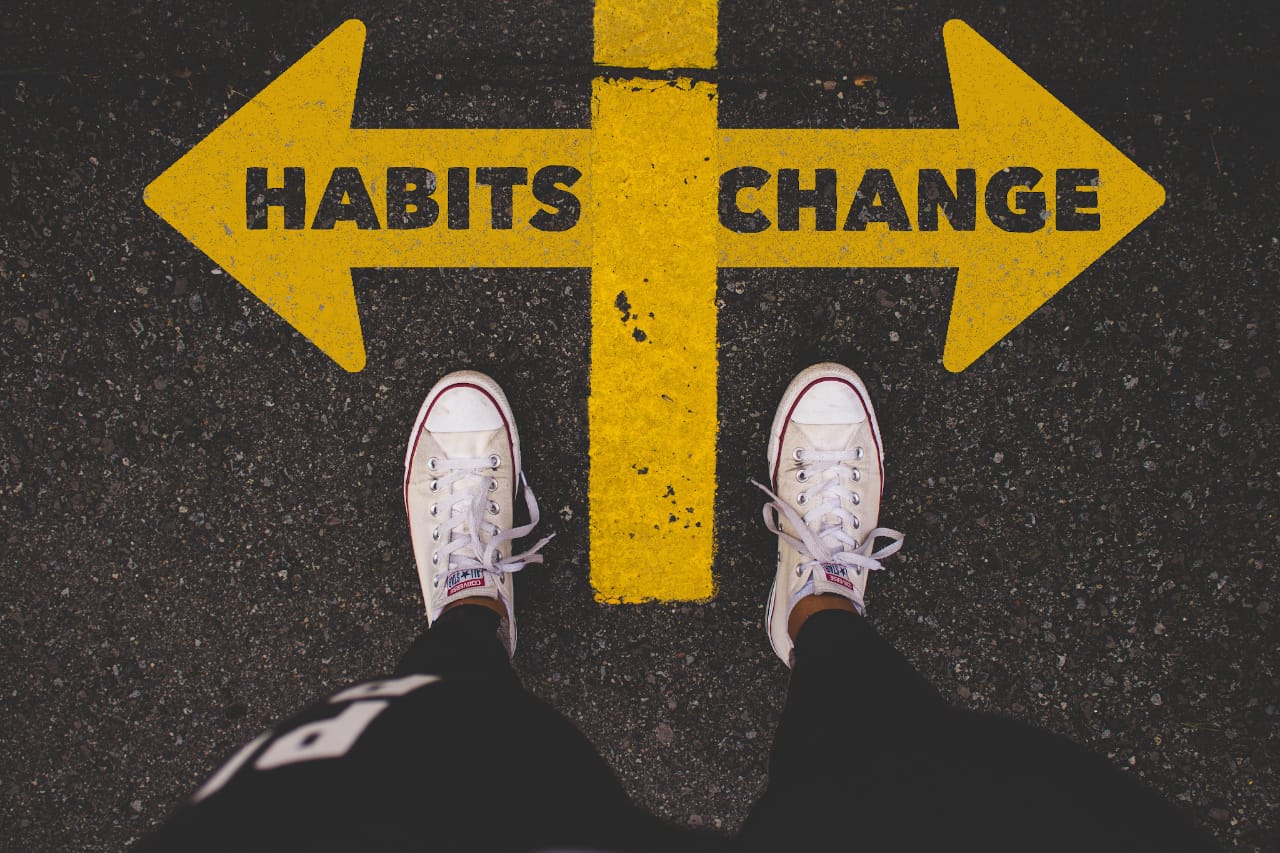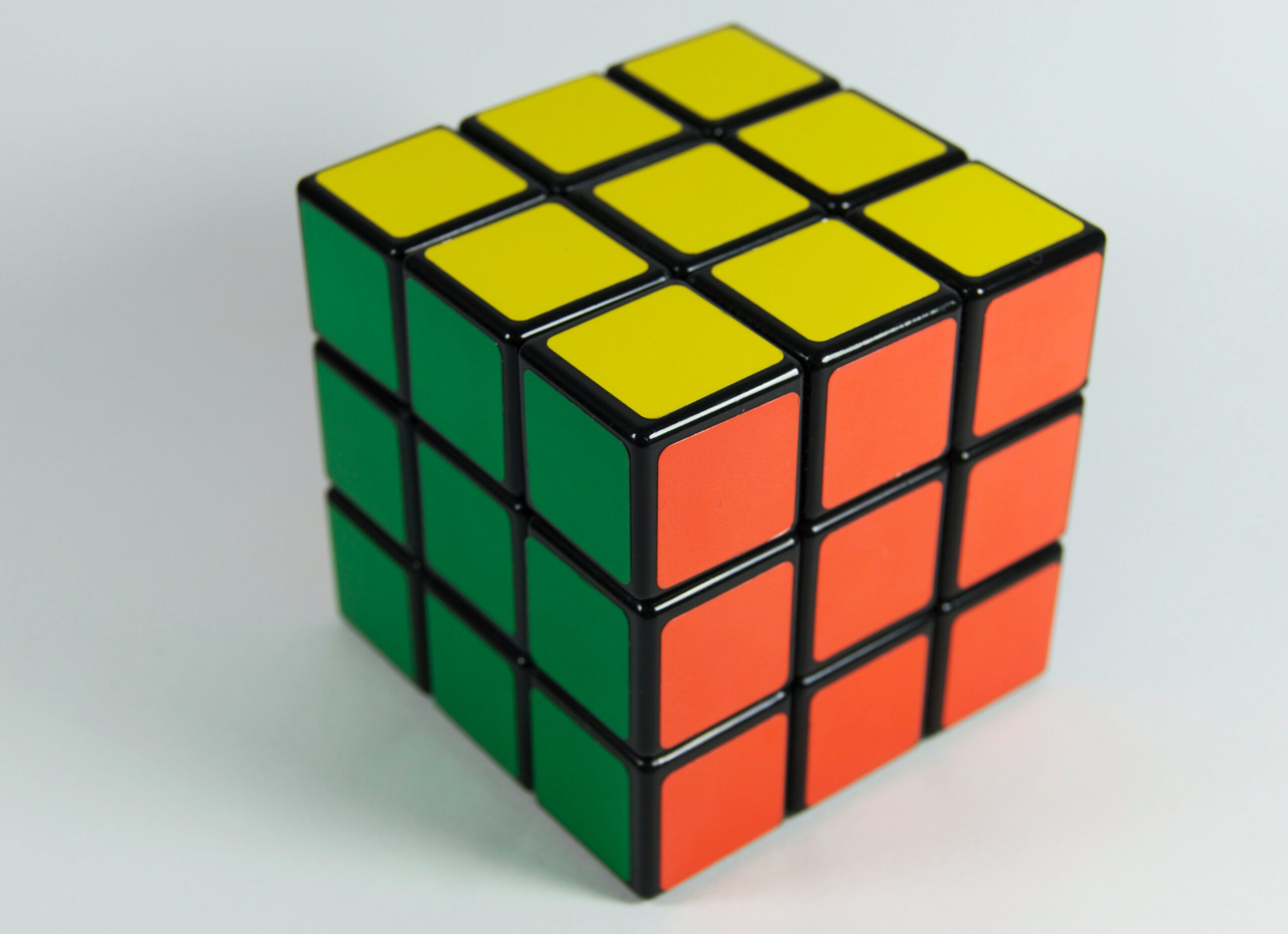Before discussing change, your resistance for change, your habits, and everything in between, let’s do a small exercise.
Take a moment and enunciate each English alphabet from A to Z, not necessarily aloud.
Done? Great, I am hoping you did it really fast and in one go.
Now, do it backward from Z to A.
Hard? Isn’t it? I guess the second case called for more thought and time, and you couldn’t get it right in one go or at all.
You uttered the same letters effortlessly a few seconds ago but the change of pattern left your mind perplexed. This is because you are a creature of habit and it is hard (but not impossible) for you to break established patterns and incorporate change.
This exercise was a small possible example of how your mind is accustomed to patterns. In actuality, your habit patterns have a much bigger impact on your life.
About Habits…
Habits are automated response dispositions formed by past experiences of performances, choices, and practices. When repeated over and again, your actions/choices become hardwired. At first, you make conscious choices, but over time they become your habits.
Your mind registers everything you repeatedly think, say, and do and turns it into an automatic behavior— habits, so it need not have to monitor your physical and mental actions all the time. Most of your everyday actions are nothing but habitual repetition. In fact, your life is the sum of all your habits.
Your thoughts, speech, and actions are produced by deep-seated habits etched on your psyche. The state and quality of your life as of now is a direct reflection of your habits so much that approximately 45% of everyday behaviors are driven by habits, says a study at the Duke University: https://dornsife.usc.edu/assets/sites/208/docs/Neal.Wood.Quinn.2006.pdf
Whether you are fit or unfit, happy or unhappy, content or depressed everything is the manifestation of your habits.

Resistance for Change…
For any kind of improvement in life, change is necessary. More importantly, that change needs to be turned into a habit.
It is difficult to develop new habits despite having the motivation to make efforts for change and knowing that changes will benefit. Inertia stands tall in front of any change that you try to introduce.
Whether it is a new diet, new exercise routine, new car, new relations or anything else, your brain has to work extra hard to get accustomed to new changes. Thus, it resists any change that threatens natural habit patterns.
The Fear Factor…

In introspection and noticing other human beings I know, I have observed that we are living a life based on habits and patterns formed by our fears.
Inquisitiveness and fear are two traits that human beings have. While the former is an innate trait and makes you go after new and unexplored things, the latter is a learned trait that makes you resist anything out of your comfort zone.
Whole existence is always in the state of constant flux and everything is continually transforming.
How do you not resist Change…?
- See the big picture: See existence as a coexistence, as a whole of independent units and not in fragments. You cannot live individually and nothing in this vast existence can ever exist in isolation. You are a whole and also a part of a bigger whole. You affect the other parts and the greater whole and are also affected by them. Once you become aware of this existential reality, you will understand change is nothing but an essential process of this ever-transforming existence. Each and every element in existence is complete in itself and playing its part in the bigger system. When you see your life from that top angle, you understand your role and purpose and are never confused.
- Produce more than your needs: If you have something that you think you do not deserve or are not worthy of, you will always resist change. Whereas someone confident and capable of doing more than what he is doing now will always look forward and be up and open for change. This is pretty simple logic and you can validate this yourself.
- Self-regulation, not self-control: Self-control is harsh, self-regulation is humane. Self-control is animal consciousness and self-regulation is human consciousness.
- Realize your potential: The deeper your old habits are rooted, the harder it becomes to disrupt their patterns and form new ones. Fortunately, you are a human being and you have free will and the capacity of imagination. You can train yourself to behave in ways that align with existential reality. The more you do new things, the easier it becomes to turn them into habits.
- Dive deep into things: Practically knowing why and how of all your choices, beliefs, biases, etc, is important. It enables you to explore the fears and your behavioral patterns.


